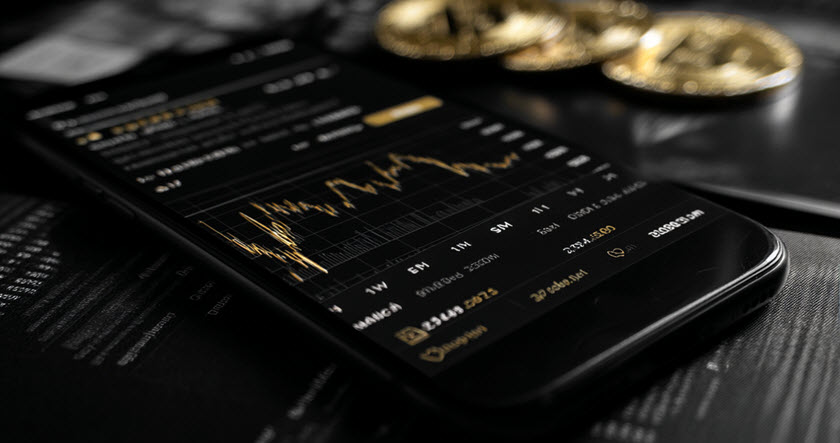Times like these can really test our confidence. In the wake of the FTX collapse, subsequent investigation has raised a lot of questions (mostly along the lines of “Where’s my money?”)
So I wanted to take a moment and talk to you about custody. That’s not something that’s often discussed, but right now, especially regarding cryptocurrency, it’s an important question. As the trade publication Insurance Journal recently put it, “The death spiral of FTX raises a lot of good questions about coin custody and crypto insurance.”
In the case of most assets, we just don’t think about custody, do we?
Consider cash. It’s either in your pocket (physical custody) or in the bank – a highly regulated financial institution. So what happens to your cash if the bank goes out of business? Do the bank’s creditors get it?
Well, no. In the U.S. your cash is most likely insured by the FDIC up to $250,000. The FDIC even tries to get bank customers their money back within two days.
When you buy a share of stock, you work with a broker. Neither you nor your broker ever handles a physical share certificate, so there’s no question of physical custody (have you ever even seen a share certificate?). For nearly fifty years, ownership and custody of stocks has mostly been managed by the Depository Trust Company (DTC), where nearly all equity, money market and public company securities in the U.S. are both recorded and settled.
Who owns those stocks? You do. The physical certificates representing your ownership are on file with DTC.
When you buy digital assets through BitIRA, we work with custodians. Here’s a brief description of their role, specifically related to self-directed IRAs:
A qualified trustee, or custodian, hold IRA assets on behalf of the IRA owner. The trustee/custodian provides custody of the assets, processes all transactions, maintains other records pertaining to them, files the required IRS reports, issues client statements, helps clients understand the rules and regulations pertaining to certain prohibited transactions, and performs other administrative duties on behalf of the self-directed retirement account owner.
Is the custodian the owner of the assets? No – the custodian is holding assets on behalf of their owner.
I reached out to Equity Trust Company (ETC), one of the custodian partners BitIRA works with. Here’s what ETC had to say:
The digital assets of Equity Trust clients are stored in wallets on behalf of Equity Trust Company, as custodian for clients.
So this is a straightforward custodian relationship. My crypto is stored in the Equity Trust wallet. I’m still the owner.
How does that change in the event of a bankruptcy, like what happened at FTX? ETC says:
Contractually, if there is a bankruptcy or other liquidation event, client assets would be transferred back to Equity Trust Company, as the custodian of record.
Again, pretty straightforward – in the event of a bankruptcy, my crypto goes right back to ETC.
The custodian arrangement ensures there’s never any question whatsoever as to who owns your assets. You do.
Furthermore, we set out to make BitIRA “The World’s Most Secure Digital Currency IRA.” Your assets are stored in one of the world’s most secure sites and protected 24/7 by armed guards. No matter what happens, your assets will be yours.







